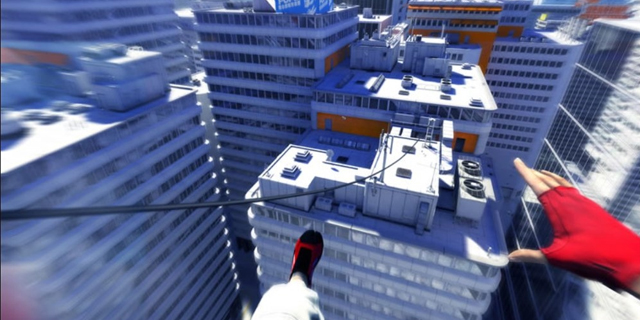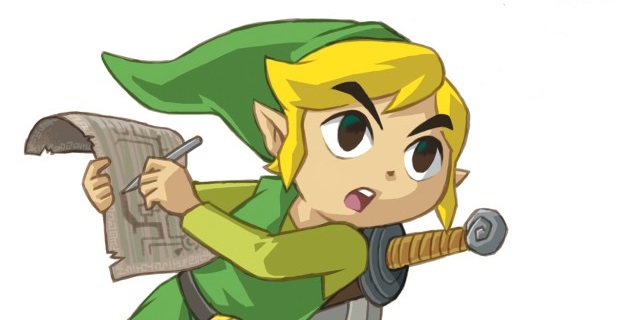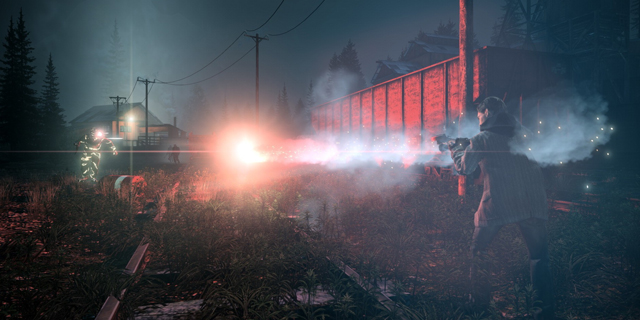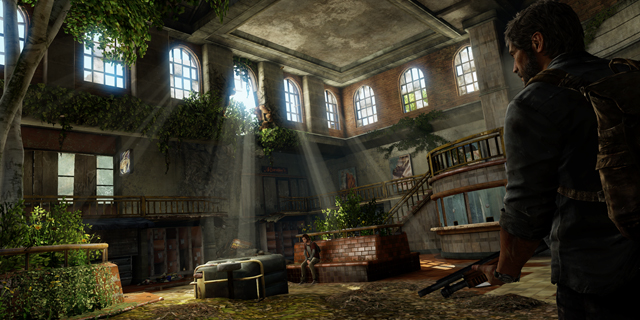
We’re living in the fastest time in human history. Our population is growing exponentially faster than ever before. Computers are making greater advances in weeks than they previously did in decades. Every site is racing to bring you information faster, and nobody is satisfied with a less than a lightning-quick Internet connection.
We need our modern consoles to be able to process graphics and audio at levels unheard of in years past. Lag has to be nonexistent, the frame rate can never drop below 30 frames per second, and loading screens must be kept short in order for us to fully enjoy what today’s entertainment can bring us.
But what does speed mean in games? READ MORE

Most games have a clear set of goals in mind for the user to experience. This usually involves completing the game’s main campaign; starting a new game, going through levels and defeating the end boss. Roll the credits. You can now discuss what you thought of the ending with fellow players, or start a discussion on the game’s themes without feeling left in the dark.
Some of the more interesting experiences come from when players go off the beaten path. They ignore the checklist given to them by the developers. Maybe they go for every achievement, or try to play with a heavy handicap, or try something nobody in the world has yet. It is this dedication to mastery that I find so fascinating. To apply time, practice and discipline necessary to master a game means there’s a deeper connection and a more personal attachment. Why does this happen? READ MORE

I have a real problem with not finishing things. I’ll read a book cover to cover almost every time, even if I hate it. I’ll never walk out of a movie. If I start watching a TV show, it’s likely that I’ll keep watching despite my level of interest. Games? I have a masochistic attitude. I force myself through to the end of nearly every one I start. Why? Do I see it as a challenge to persevere? Is it a way of suppressing emotions like boredom and continue the goal of completing the game? Does it build discipline? READ MORE

I can picture it now. A couple of young game industry upstarts have finally paid their dues, and are now at the helm of making a brand new game. It’s going to be released on all the systems. They’re talking to each other excitedly about what kind of game they want to make. Ideas are thrown around, gameplay elements are discussed and details are hammered out. They rehearse their pitch; they’re prepared for the studio heads.
Reality sinks in, and it’s not nearly as fun. The young developer’s faces shrink with each passing moment. No, you can’t introduce this wildly revolutionary idea. No, that’s not going to work for us. No, we’re not going to take that risk and no, you’re not going to disagree with us because we’re the money and you’re not. READ MORE

It’s impossible to say with 100% certainty what kind of legacy The Last of Us will leave. But that’s easy to say, since almost nothing is 100% certain. Well, except death, taxes and obscenities screamed during a Dota 2 match. The Last of Us, an obvious candidate for Game of the Year and one of the PS3’s best, has been host to many claims. I’ve heard that it signifies that games have grown up. I’ve heard that it’s the game version of Cormac McCarthy’s The Road. Of Citizen Kane or Pulp Fiction. Many games have been lauded as timeless classics when they first come out, but very few stand the test of time. READ MORE
























